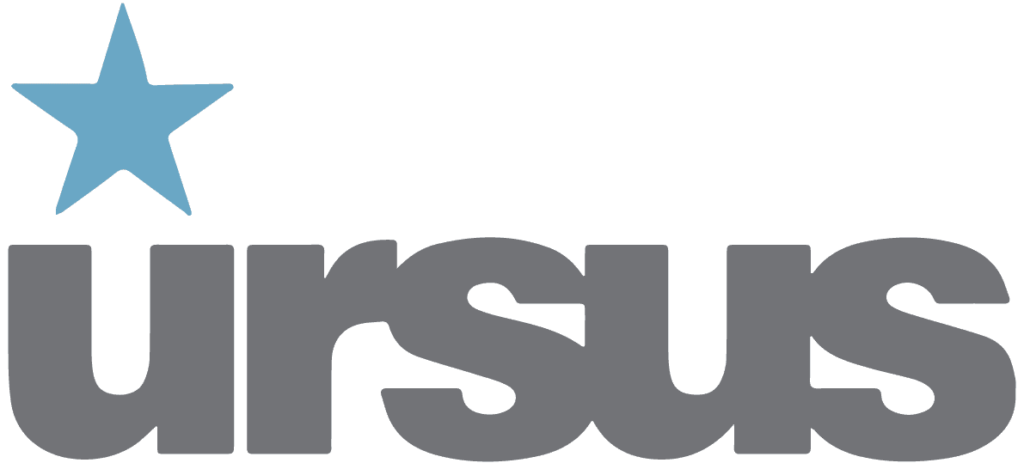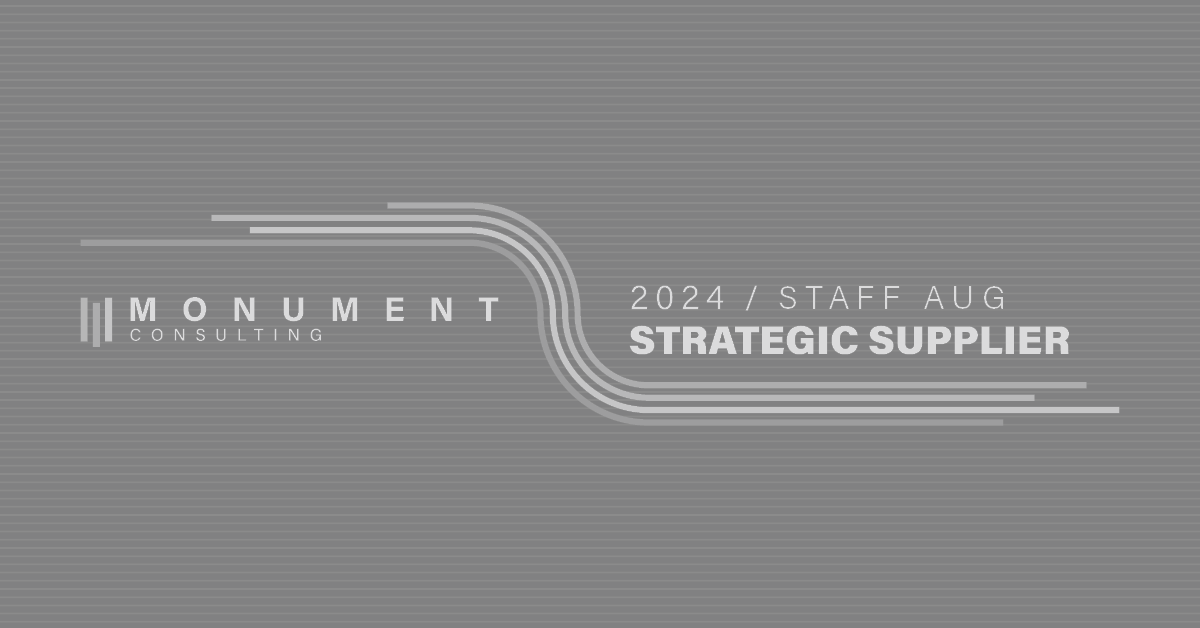year, the Millennial generation represents the largest percentage of the workforce. With each new generation, those of us who came before them are quick to define, judge, and even dismiss those who follow them into the workplace. As a twenty-something entering the workforce in the early nineties, I certainly remember reading about and hearing many of the condescending remarks hurled at me by my Generation X brethren. I took a defensive posture, vividly recalling conversations with peers who were as committed as I was to proving the “older generations” wrong in their judgment of our work ethic, our identity, and “new” ways of doing things. As if often the case, history repeats itself. Now I find myself as one of the older guys trying to make sense of the Millennial generation.
Let’s start with the positives Millennials bring forward. This generation brings with them a new perception of office life (open workspace versus cubes), work-life (flex schedules and telecommuting versus set hours and mandatory office attendance), and work habits. Regarding the latter, is it rude to multi-task in a meeting or has the millennial mindset evolved to process information more effectively or differently? The millennial generation blazed the path for some of the awesome, new macro-economic trends that are quickly becoming the norm, most notably the rapid rise of the shared economy à la Uber and Airbnb. As a card-carrying member of Gen X, I LOVE these changes. Whether you like it or not, many of these trends will stick around since, by 2030, our workforce will be 75% Millennial.
So, that’s the good stuff. What about negative responses to the Millennial generation? I hear plenty of folks of my era, as well as those a decade younger (Gen Y) and a decade older (Baby Boomers) bemoan the perception that Millennials lack real work ethic, are entitled, and grew up with the belief that everyone deserves a medal. These ideals extrapolated into the workplace must mean that everyone deserves, or maybe more accurately, is entitled to higher pay, loftier titles, and bigger chunks of equity and flexibility. In short, Millennials have been labeled a ‘soft generation’ by some. As a manager, I’ve seen this behavior first-hand more than a few times, especially working with technical candidates looking for contract and full-time employment through Ursus. You can’t make up some of the requests we’ve received from candidates. To date, my all-time favorite is the candidate who insisted upon being compensated for commuting…and nap time.
My reflexive reaction to this sort of behavior is to pass judgment and move on. “Millennials are too lazy, too entitled, and Vape-smoking, Pokemon-Go playing brats!” But when I step back and appreciate that, like any new generation, elders almost always consider themselves tougher, stronger, more resourceful save for perhaps The Greatest Generation who fought WWII. The fact is that this newly-minted workforce has had minimal corporate work experience, let alone real-world life experience. Thus, the obligation to guide, direct and instruct on the values associated with hard work, workplace respect, earning the right to advance, and other key values that apply to all generations falls upon those who came before them. In other words, managers like us!
How should we respond? Younger workers seemed to be motivated differently than previous generations; there are some work approaches that will surely be different from other generations of employees, but surprisingly, many of these differences might not be as drastic as some might think. Yes, this generation requires understanding, but it doesn’t mean all previous understandings of employee management must be thrown out the window. As the most collaborative and inclusive generation to date, these young adults expect their workplace to embrace the same idealism and values they hold so dear. Creating an environment that aligns with the participation economy will be employers’ greatest opportunity to create a company where Millennials not only want to work, but seek out as a top professional opportunity to grow his or her career.
Redefine what “manage” means to you and your employee. Millennials have been managed all their lives. Playdates, sports, music and school activities from early on often drove childhood, with the adults in their lives striving to ensure that their kids’ time and focus were used wisely. Perhaps it’s this prior experience with the concept of management that makes Millennials difficult to wrangle, as this generation often craves opportunities to make their own decisions instead of having them made for them.
So how does a manager respond to this need for independence, in response to a lifetime of conditioning? In short, we lead Millennials instead of managing them. Gone are the days of micromanaging how employees work, where they work, what they wear, what they can say, who is free to approach leadership in the hierarchy, and mind-numbing communication red tape – i.e. the “Aahh, now, are you going to go ahead and have those TPS reports for us this afternoon?” Research shows that the number one reason Millennials are likely to leave their current job is because of their boss. Creating an environment where Millennial employees feel supported, valued, encouraged, while also receiving direction from leadership leads to increased productivity and valuable relationships over the long term.
Millennials are looking for leaders, which translates into leading companies as well as leading managers. According to a recent Deloitte study on managers, millennials place greater loyalty in managers who focus on employee well-being, growth, and development, instead of those who control the work experience of each employee. These respondents believe that “an organization’s treatment of its employees is the most important consideration when deciding if (the organization) is a leader.” Simply put, Millennials are looking for leaders who care about people. The first take away on managing Millennials in the workplace is to stop trying to manage them, and just learn how to lead them. My suggestions is to resist the sometimes overwhelming urge to judge or dismiss, looking at your side of the street first. Then, take the responsibility of what it means to be a manager and just lead. Impacts will be felt in the workforce and society at large.













